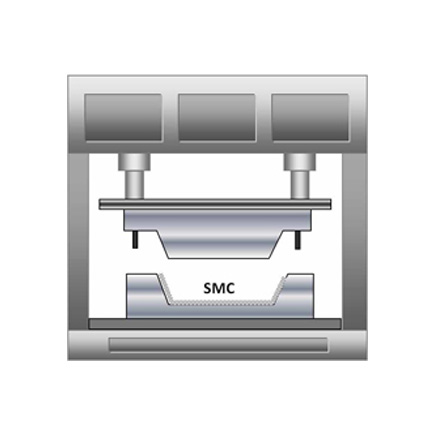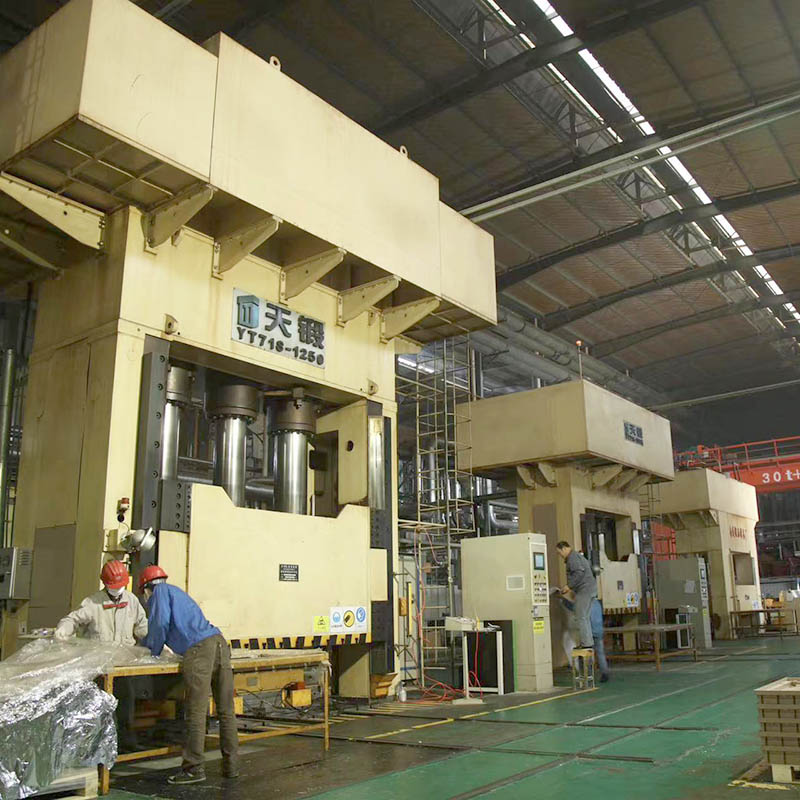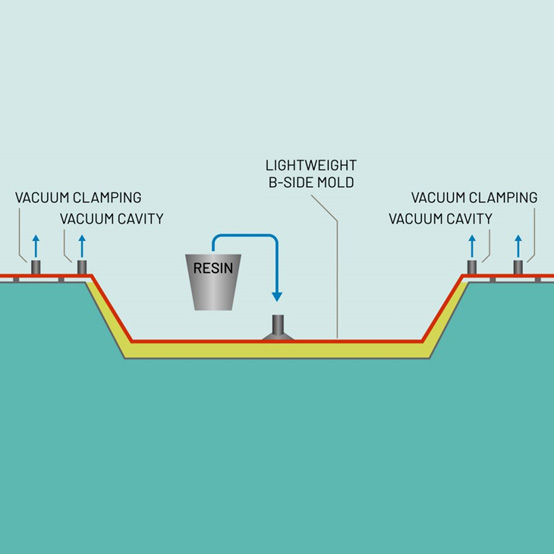Sheet Molding Compound (SMC)
Advanced Sheet Molding Compound Process
SMC offers several advantages in terms of its properties and manufacturing process:
● High Strength: SMC exhibits excellent mechanical properties, including high strength and stiffness. It can withstand heavy loads and provides structural integrity to the final product.
● Design Flexibility: SMC allows for complex shapes and intricate designs to be achieved. It can be molded into various forms, including flat panels, curved surfaces, and three-dimensional structures, providing design flexibility to meet specific requirements.
● Corrosion Resistance: SMC is highly resistant to corrosion, making it suitable for applications in harsh environments or industries such as automotive, construction, and infrastructure.
● Excellent Surface Finish: SMC parts have a smooth and glossy surface finish, eliminating the need for additional finishing processes such as painting or coating.
● Cost-effective Manufacturing: SMC is manufactured using compression molding or injection molding processes, which are highly efficient and cost-effective for high-volume production. The material can be easily molded into complex shapes, reducing the need for secondary operations and minimizing waste.
SMC is widely used in various industries, including automotive, electrical, construction, and aerospace. It finds applications in components such as body panels, bumpers, electrical enclosures, structural supports, and architectural elements.
The specific properties of SMC, including its fiber content, resin type, and additives, can be tailored to meet the specific requirements of different applications. This allows manufacturers to optimize the material's performance, durability, and appearance for their intended use.
✧ Product Drawing












